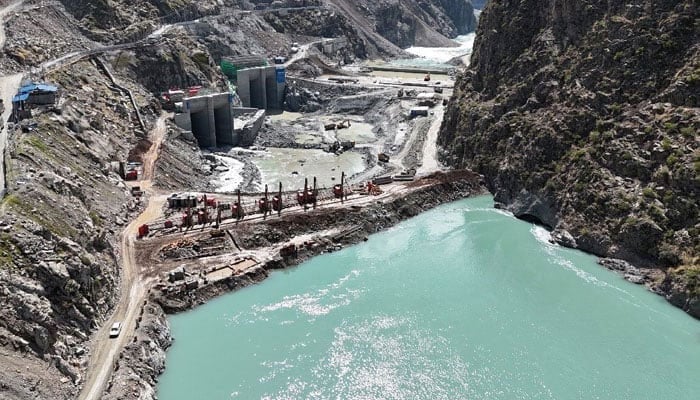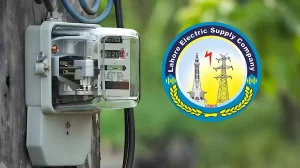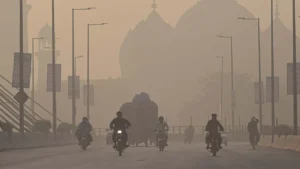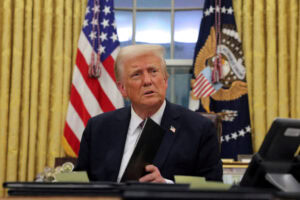ISLAMABAD: Defending the increase from an original estimate of Rs487 billion to Rs1.737 trillion, Wapda attributed the ballooning cost to factors beyond its control, including a decade-long delay, currency depreciation, and significant changes in project scope.
In documents submitted to the CDWP, Wapda outlined the rationale behind the increased costs and timeline.
Notably, the authority revealed that Chinese engineers and workers are now being transported via helicopter to the project site due to persistent security threats, following multiple fatal attacks on contractors’ convoys in recent years.
The Water and Power Development Authority (Wapda) has firmly responded to recent criticism from the Central Development Working Party (CDWP) regarding the dramatic cost escalation of the Dasu Hydropower Project.
“Without solid, legitimate justifications, the CDWP would not have referred the project to the Executive Committee of the National Economic Council (Ecnec),” a senior Wapda official stated.
He emphasized that an official inquiry report documenting the causes of delays and cost overruns had been shared with the CDWP, which had recommended the project for Ecnec’s consideration.
The official further alleged that the Planning Commission presented a selective narrative during the CDWP proceedings, omitting crucial context provided by Wapda.
In an official statement, Wapda acknowledged the steep rise in the project’s total cost, from Rs487 billion to Rs1.737 trillion, noting that approximately 85% of this escalation resulted from the rupee’s depreciation against the US dollar — which slid from Rs100 per USD in 2014 to Rs280 in 2025.
Cost Factors
The remaining cost increases were linked to a widening scope of work, reflecting the complex engineering and logistical challenges associated with a project of this scale.
Responding to the Planning Commission’s concerns about project leadership, Wapda dismissed the claim that the project lacked a director.
It clarified that a full-time project director with over 25 years of field experience currently leads a comprehensive team that includes five chief engineers, 13 superintending engineers, 57 executive and assistant executive engineers, and over 15 other professionals directly involved in project execution.
Wapda also highlighted the involvement of renowned international consultants, including 130 engineers — 25 to 30 of whom are expatriates — working under Nippon Koei (Japan) and Dolsar (Turkiye).
These experts are providing high-level supervision and technical input to ensure project quality and efficiency.
Moreover, Wapda noted the presence of an International Panel of Experts composed of specialists in geotechnical engineering, geology, dam design, seismology, hydrology, electro-mechanics, and roller-compacted concrete construction.
Read More: China Energy Engineering Corp Expands Investment in Pakistan’s Renewable and Hydropower Projects
This expert panel has been instrumental in validating and refining the project’s technical parameters throughout the construction phase.
In addressing concerns raised about procurement practices, Wapda stated that major contracts — including the relocation of the Karakoram Highway (KKH) — were awarded through International Competitive Bidding (ICB), and primarily denominated in local currency.
Other Factors
Only a minor portion of payments are linked to foreign exchange.
The Dasu project, originally planned to launch in June 2014 with a targeted completion date of December 2019, faced significant setbacks due to land acquisition issues.
Wapda clarified that actual construction began only in January 2020, after ECNEC approved revised land compensation rates in October 2019.
The Ministry of Water Resources, along with Wapda as the executing agency, reiterated that they had provided detailed and comprehensive answers to all queries raised during the CDWP meeting.
Also Read: CDWP Clears Rs1.74 Tln Revised Dasu Hydropower Project, Reviews Rs1.96 Tln Schemes
They argued that both the cost escalation and timeline extension were based on unavoidable circumstances and fully documented justifications.
As the Dasu Hydropower Project moves forward under increased scrutiny, Wapda’s defense emphasizes both the strategic importance and complexity of the venture — a project considered crucial to meeting Pakistan’s future energy needs.









